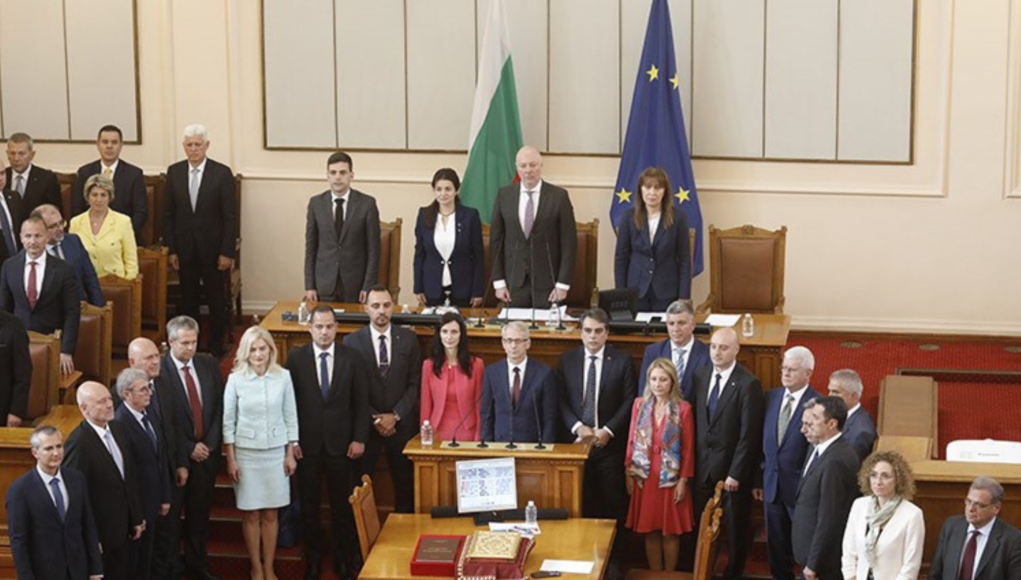On November 15, Bulgaria’s political landscape will confront another critical juncture as the National Assembly deliberates on a second vote of no confidence against the current Denkov-Gabriel cabinet. This motion, spearheaded by the Bulgarian Socialist Party (BSP), far-right Vazrazhdane (Revival Party), and populist ITN (Ima takav narod or There is Such a People), reflects the country’s deepening political instability.
This latest political upheaval, announced by Parliament Speaker Rosen Zhelyazkov of the populist GERB party, comes amidst a backdrop of Bulgaria’s complex political dynamics. The country, a member of the European Union since 2007 and NATO since 2004, has been grappling with internal political fragmentation and external security challenges.
The motion, officially proposed on November 8, adheres to parliamentary regulations that mandate a debate to occur between three to seven days post-submission. A crucial aspect of this process is the stipulation that the actual vote cannot be held until at least 24 hours after these debates conclude.
At the heart of this no-confidence motion is the opposition’s criticism of the government’s defense and national security policy. The ruling coalition, consisting of GERB, centrist “We Continue the Change – Democratic Bulgaria”, and also centrist DPS, is accused of failing to effectively bolster Bulgaria’s military capabilities during a time of global unrest, notably highlighted by several ongoing conflicts.
The opposition’s argument underscores a perceived lack of strategic vision for the Bulgarian Armed Forces, especially relevant in the current geopolitical climate. A particular point of contention has been the government’s decision to provide military assistance to Ukraine, including the controversial dispatch of one hundred armored personnel carriers and S-300 missiles. These actions have sparked a debate over Bulgaria’s role and responsibilities on the international stage, particularly in relation to foreign interests versus national priorities.
With its rich history and strategic location in Southeast Europe, Bulgaria has often found itself at the crossroads of major geopolitical shifts. Its role in regional stability and security, especially in the context of its EU and NATO memberships, makes the outcomes of these political debates especially significant.
Source/s: Dnevnik
Image source: Public domain
The Southeast European Observer participates in the Amazon Services LLC Associates Program. While we strive to provide our readers with unbiased and reliable information, please be aware that any purchases made through Amazon affiliate links on our site generate a small commission for us at no extra cost to you. This helps support our platform and allows us to continue delivering quality content to our readers.
We ensure that the presence of Amazon affiliate ads does not influence our editorial content, and no affiliate links are included within the text of our articles.











